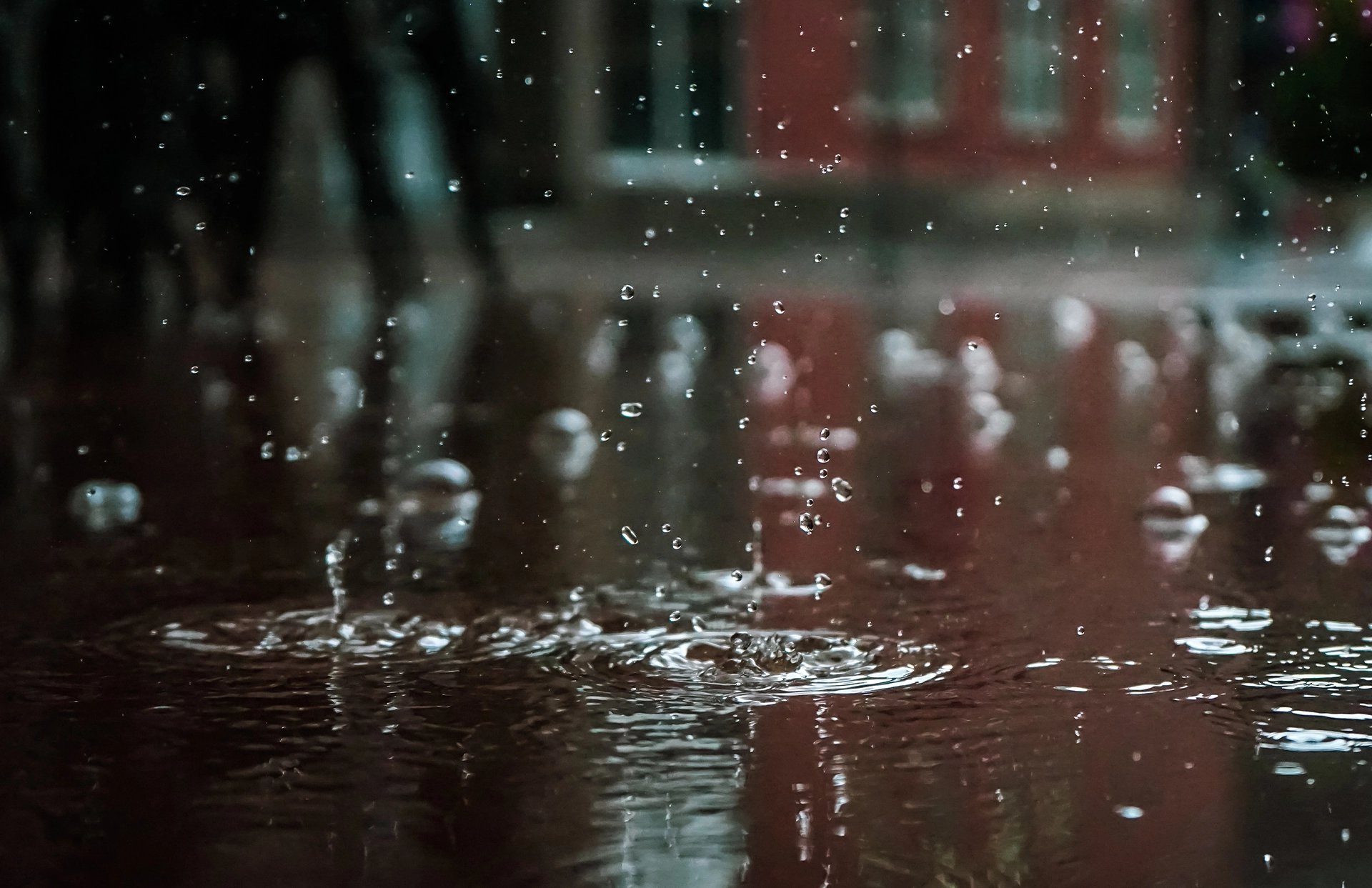We go over, in an easy-to-understand manner, what an NPDES stormwater permit is.
If I had a dollar for every time someone asked me about stormwater regulations, stormwater permits, or NPDES permits, I would have retired long ago. A lot of people, from our clients to new customers to attendees in environmental training courses ask about them since so many different industrial (and commercial) operations across the country do in fact need some type of NPDES stormwater permit.
The issue is, understanding regulations can be difficult, many "consultants" or environmental solutions out there don't properly educate their clients, and regulators can often provide confusing or contradictory information. We feel your pain.
So, let's go over this basic topic and help you understand what a stormwater permit actually is.
So what is a "stormwater permit"?
The simplest, easiest answer is it is a permit that lets your facility release pollutants through stormwater runoff that lands on your property, gets dirty, and leaves your site. These permits regulate industrial operations' impact on the environment in an effort to curtail or restrict activities that could potentially result in additional water pollution. The permits put rules, regulations, and limits on what you can and cannot let leave your site in the runoff. These rules and regulations differ from state to state, from industry to industry, and range from extremely difficult to live with, the basically non-existent. Your permit generally requires a few key things like an SWPPP, monitoring, and training, but again, varies all across the US depending on your location and your operation.
But saying "stormwater permit" in and of itself is kind of a vague term and depending on who you're talking to, the answers can be conflicting. Usually, it's referring to an NPDES stormwater permit, which is a permit created by USEPA but enforced through state agencies. And, state agencies like to rename it, so depending on where you're located, your permit could be called something different. For instance, in New Jersey, it's called an NJPDES permit, while in New York it's called a SPDES permit. Then add on the fact you can have general permits, individual permits, and industry-specific general permits, we find that many people can get confused as to what they're talking about and what they need.
Why do I need a stormwater permit?
It's obvious that streams, rivers, and other waterways get dirty, cloudy, or whatever else you want to call it after it rains. We've all seen pictures of where one waterway mixes with another after a heavy rainstorm, usually seeing brown, cloudy blooms of sediment spreading into another water body. This is because when it rains, that rain lands on the ground and mixes with whatever it comes into contact with on the surface, whether it's at your industrial facility, or at a farm, or at a residential piece of property, you name it. Whatever is on the surface of the land gets washed away by the rain, whether it's dirt, sand, oil, grease, chemicals, or anything else. When it rains, water quality goes down. It's a given.
Many say this is a natural process, and to a certain extent, it is. Before there were people on this planet, streams still got dirty due to dirt from runoff and erosion when it rained. But now, industrial activities contribute to this process through the use of chemicals, land-clearing activities associated with development, fertilizer usage, fuel spills, exposed materials, garbage, and much more. Clearly, we have the ability in today’s world to add a lot of pollution to stormwater runoff. Hence, stormwater permits.
Because of society's collective impact, environmental regulations are needed to address this problem. The Federal Clean Water Act introduced back in the 1970s includes regulations that require any activity that may contribute to the pollution of our nation's water bodies to be covered under an NPDES stormwater permit.
The simple fact is we need clean water in the United States for everything. We need it for drinking, for recreation like fishing and swimming, for use in industrial operations for whatever process you may do that needs water, for food production, and even things like making beer! We all need clean water. Since there are hundreds of thousands of operations across the United States that could negatively impact water quality through stormwater runoff, we have stormwater permits.

Additional Stormwater Permit Information
Hopefully, that was easy to absorb and understand. But, if you're overwhelmed, you're not alone. Getting a handle on stormwater permits is no easy task, especially if you're new to the world of water quality, state-level environmental regulations, and the responsibilities that come along with operating under an NPDES Permit. If you need help, reach out.
Feel free to contact us at info@rmagreen.com, click here to contact us, or give us a call anytime at 888-RMA-0230 to learn how we can help your operation deal with stormwater permits and other environmental regulations.


